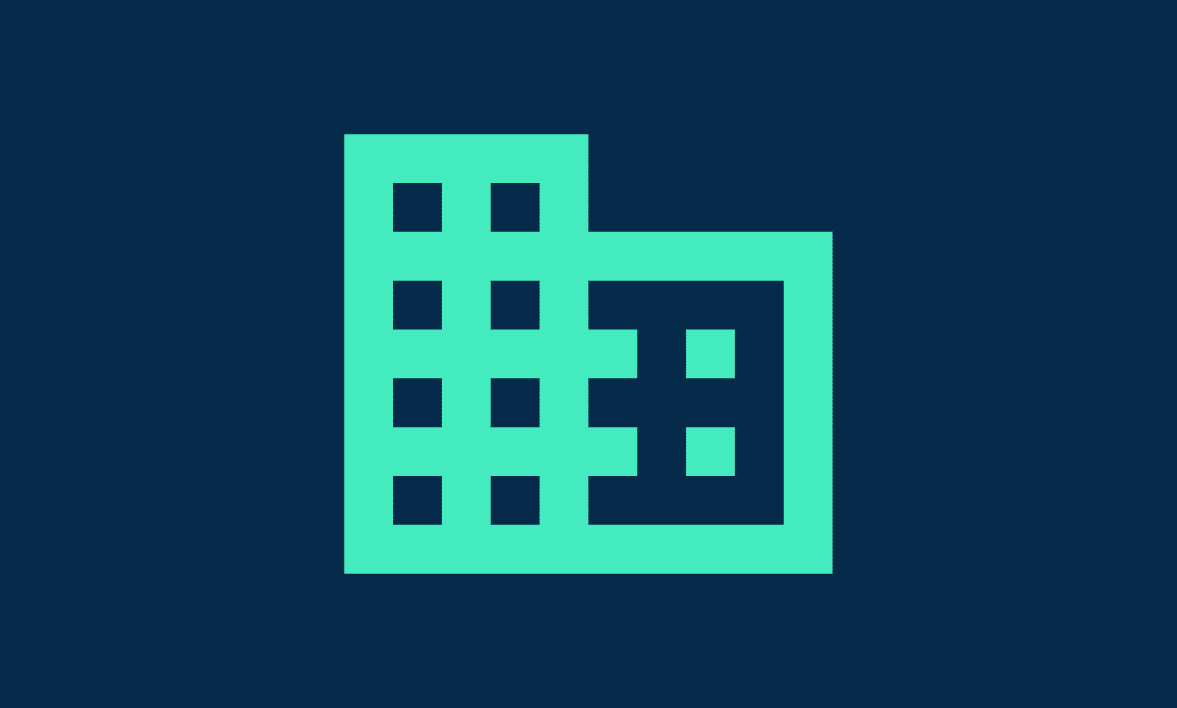
Blog
Smart mailboxes and the future of strata management
Strata management has always been about balancing competing priorities: keeping buildings running smoothly, maintaining harmony among owners and tenants, staying compliant with ever-changing regulations, and ensuring that the financial side of things ticks along without drama. It’s a complex job that sits at the intersection of property, finance, and community living.
But while the role of the strata manager has evolved over the years, many of the tools being used to run these operations haven’t kept pace. Paper notices are still being posted. Emails are easily missed or flagged as spam. Residents log in to outdated portals that few people remember to check. Meanwhile, managers are left juggling spreadsheets, chasing late payments, and trying to prove that a document was sent or received.
This patchwork of processes doesn’t just create inefficiency; it creates risk. When important information goes missing or payments are delayed, the consequences ripple outwards — impacting cashflow, compliance, and trust. And in a world where digital, seamless experiences are the norm in almost every other aspect of life, it’s no surprise that owners and tenants are starting to expect better.
The good news is that strata has a unique opportunity to leapfrog legacy systems and move straight into a smarter, more connected future. At the heart of this change is a concept that’s gaining momentum in other industries: Electronic Bill Presentment and Payment (EBPP), powered by smart mailbox technology.
Why EBPP is more than just a buzzword
At its core, EBPP is a simple idea: deliver essential documents digitally, and make it easy for people to act on them immediately — whether that’s paying a bill, reading a notice, or acknowledging receipt.
In practice, EBPP creates a secure, auditable channel for all the documents that keep a strata property running. Levies are sent directly to owners with no chance of getting lost in a pile of mail or filtered into an email junk folder. Supporting documents like AGM packs or compliance updates are delivered in exactly the same way, so owners know they can always find what they need in one reliable place. And when it’s time to pay a levy or fee, there’s no logging into clunky portals or setting up manual transfers — payment happens in just a tap or two, with no friction.
This isn’t just about speed. It’s about certainty and transparency. When everything is tracked and recorded, there’s no more ambiguity over whether someone received a notice or paid on time. Disputes are easier to resolve, compliance obligations are simpler to meet, and managers can focus on higher-value work instead of chasing paper trails.
The smart mailbox: A single, trusted destination
If EBPP is the framework, the smart mailbox is the experience that brings it to life.
Think of it as a modern, secure digital letterbox — but one that’s built specifically for essential communications. Instead of being scattered across email, post, and different portals, every important document is delivered to a single, central place. Owners, tenants, and managers know exactly where to go when they need to view, store, or act on something.
For residents, this creates a sense of calm and clarity. No more digging through emails to find that AGM notice from six months ago or wondering whether a payment went through. Everything is organised, secure, and accessible from their phone or computer.
For strata managers, the benefits are even greater. Smart mailboxes provide real-time visibility into who has received and opened a document, which is invaluable for compliance and dispute resolution. They also store documents for up to seven years or more, automatically meeting record-keeping requirements without the need for paper archives or scattered filing systems.
Beyond bills: The hidden value of supporting documents
It’s easy to think of EBPP as being primarily about bills and payments, but in strata, the non-bill documents are just as important — sometimes even more so.
AGM packs, meeting minutes, by-law updates, fire safety reports, and insurance renewals all play a critical role in keeping a community informed and compliant. Yet these are often the very documents that get lost in inboxes or buried under piles of paper.
When these communications are centralised through a smart mailbox, the impact goes beyond convenience. Owners become more engaged because they have a single, trusted place to check for updates. Managers gain confidence knowing that everyone has received and read the information. And when levy notices arrive in the same channel, payment becomes a natural extension of that habit.
In other words, supporting documents create the engagement that drives payment adoption. By making it easy for people to stay informed, strata managers also make it easy for them to stay financially connected to the community.
Creating a connected ecosystem
The potential of this approach becomes even clearer when you look beyond the immediate strata environment.
Property management doesn’t happen in isolation. Councils send rates notices. Utilities issue bills for water, electricity, and gas. Tradespeople and service providers send invoices for maintenance and repairs. Insurance companies send policy documents and renewal notices.
Right now, each of these communications flows through its own separate channel, creating silos and inefficiencies. But what if they all came together in the same secure, centralised system?
With smart mailboxes, this vision becomes possible. A new property owner could be automatically onboarded at settlement, with their mailbox ready to receive everything they need from day one. Councils, utilities, and service providers could deliver their documents directly into the same space. Strata managers could send levies, AGM packs, and compliance updates alongside them. Owners and tenants would interact with one simple, consistent experience, while managers gain a complete, real-time view of every communication and payment related to their property.
This kind of closed-loop ecosystem doesn’t just reduce admin — it transforms the way communities are managed. It creates a shared digital infrastructure that benefits everyone involved, from individual residents to large-scale service providers.
Why now is the right time
There’s a sense of urgency to this conversation because the pressures facing strata are intensifying.
Regulators are introducing stricter rules around communication and record-keeping. Cybercrime is on the rise, making email a risky and unreliable channel for sensitive financial documents. Costs are increasing, with paper, postage, and manual admin eating into margins. And perhaps most importantly, consumer expectations are shifting.
Today’s owners and tenants live in a world where paying a bill or accessing an important document should be as easy as checking a banking app. When strata doesn’t deliver that same experience, frustration grows — and trust erodes.
By moving to EBPP and smart mailbox technology, strata managers can not only meet these expectations but exceed them. They can turn what has historically been a source of stress and complexity into something simple, seamless, and even satisfying.
The path forward for strata managers
This isn’t just about technology. It’s about redefining the role of the strata manager in a digital age.
Managers who embrace these tools aren’t just administrators — they become community leaders, guiding their buildings into a more connected and resilient future. They free their teams from repetitive, manual tasks so they can focus on strategic planning and relationship building. They reduce the risk of non-compliance and disputes, protecting both their reputation and their bottom line.
And perhaps most importantly, they create a better experience for the people they serve. When residents feel informed, secure, and empowered, the entire community benefits.
Final thought
The future of strata management lies in integration, not fragmentation. By bringing bills, payments, and essential communications together into a single smart mailbox, strata managers can create a foundation for more efficient operations, stronger compliance, and healthier communities.
The transition may feel daunting at first, but the rewards are significant. Those who take the first step now won’t just keep pace with change — they’ll lead it, setting a new standard for what modern strata management can and should be.
In a world where everything else has gone digital, it’s time for strata to do the same — not just to keep up, but to get ahead.

